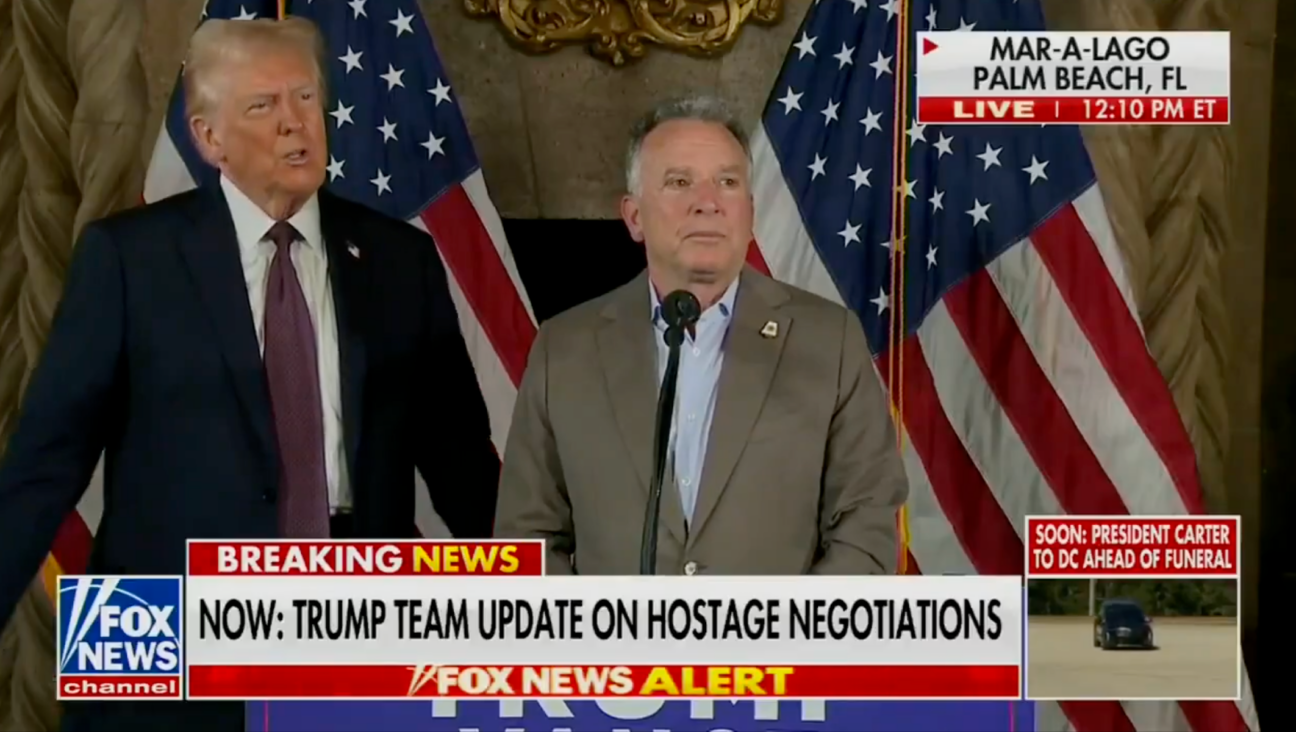Gaza Truce Holds for Day 2 — War Looks Done

Palestinian boy plays in shrapnel-riddled car as a truce with Israel held for a second day in Gaza. Image by getty images
A Gaza truce was holding on Wednesday as Egyptian mediators pursued talks with Israeli and Palestinian representatives on an enduring end to a war that has devastated the Hamas Islamist- dominated enclave.
Egyptian intelligence officials met in Cairo with a high-level Israeli delegation late on Tuesday, a day after conferring with Palestinians who included envoys from Hamas and the Islamic Jihad group, Egyptian officials said.
“The indirect talks between the Palestinians and Israelis are moving forward,” one Egyptian official said, making clear that the opposing sides were not meeting face to face. “It is still too early to talk about outcomes but we are optimistic.”
Egyptian and Palestinian sources said further discussions were expected to be held in Cairo on Wednesday, with expectations of an initial response by Israel to Palestinian demands, which it has so far shown no sign of accepting.
Israel withdrew ground forces from the Gaza Strip on Tuesday morning and started a 72-hour Egyptian-brokered ceasefire with Hamas as a first step towards a long-term deal.
In Gaza, where some half-million people have been displaced by a month of bloodshed, some residents left U.N. shelters to trek back to neighborhoods where whole blocks have been destroyed by Israeli shelling and the smell of decomposing bodies fills the air.
Streets in towns in southern Israel, which had been under daily rocket fire from the Gaza Strip, were filled again with playing children.
BLOCKADE
Palestinians want an end to the Israeli-Egyptian blockade on impoverished Gaza and the release of prisoners, including those Israel arrested in a June crackdown in the occupied West Bank after three Jewish seminary students were kidnapped and killed.
Israel has resisted those demands.
“For Israel the most important issue is the issue of demilitarization. We must prevent Hamas from rearming, we must demilitarize the Gaza Strip,” Mark Regev, a spokesman for Prime Minister Benjamin Netanyahu, told Reuters television.
U.S. Secretary of State John Kerry, in an interview on the BBC’s HARDtalk program, also spoke of a need for Hamas to decommission its rocket arsenal.
“What we want to do is support the Palestinians and their desire to improve their lives and to be able to open crossings and get food in and reconstruct and have greater freedom,” Kerry said.
“But that has to come with a greater responsibility towards Israel, which means giving up rockets, moving into a different plane,” he said.
Kerry said, however, all this would “finally come together” as part of wider Israeli-Palestinian peace efforts that he has spearheaded but which have been frozen since April over Israel’s opposition to a unity deal between Hamas and Western-backed President Mahmoud Abbas’s Palestine Liberation Organization.
Hamas, which seized the Gaza Strip from forces loyal to Abbas in 2007, has ruled out giving up its weapons.
HUMANITARIAN AID
An Israeli official, who declined to be identified, said Israel wanted humanitarian aid to flow to the Palestinian enclave’s 1.8 million inhabitants as soon as possible.
But, the official said, the import of cement – vital for reconstruction – would depend on achieving guarantees that it would not be used by militants to construct more infiltration tunnels leading into Israel and other fortifications.
Gaza officials say the war has killed 1,867 Palestinians, most of them civilians. Israel says 64 of its soldiers and three civilians have been killed since fighting began on July 8, after a surge in Palestinian rocket launches.
An Israeli opinion poll, conducted after the ceasefire went into effect, said Israelis, while not regarding the Gaza war as a victory for their country’s powerful military, remained highly supportive of Netanyahu.
According to the poll in the Haaretz newspaper, 51 percent of those surveyed said neither side won, while 36 percent believe that Israel emerged victorious. Six percent said Hamas was the victor.
Of the 442 people who took part in the poll, 77 percent described Netanyahu’s performance during the war as excellent or good.
Efforts to turn the ceasefire into a lasting truce could prove difficult, with the sides far apart on their central demands, and each rejecting the other’s legitimacy. Hamas rejects Israel’s existence and vows to destroy it, while Israel denounces Hamas as a terrorist group and eschews any ties.
Egypt has positioned itself as a mediator in successive Gaza conflicts but, like Israel, its current administration views Hamas as a security threat.
Besides the loss of life, the war has cost both sides economically. Gaza faces a massive $6-billion price tag to rebuild devastated infrastructure. Israel has lost hundreds of millions of dollars in tourism and other sectors and fears cuts in overall economic growth this year as well.
Palestinian officials said a donor conference to raise funds for Gaza’s reconstruction would be held in Oslo next month.
A message from our Publisher & CEO Rachel Fishman Feddersen

I hope you appreciated this article. Before you go, I’d like to ask you to please support the Forward’s award-winning, nonprofit journalism so that we can be prepared for whatever news 2025 brings.
At a time when other newsrooms are closing or cutting back, the Forward has removed its paywall and invested additional resources to report on the ground from Israel and around the U.S. on the impact of the war, rising antisemitism and polarized discourse.
Readers like you make it all possible. Support our work by becoming a Forward Member and connect with our journalism and your community.
— Rachel Fishman Feddersen, Publisher and CEO






















